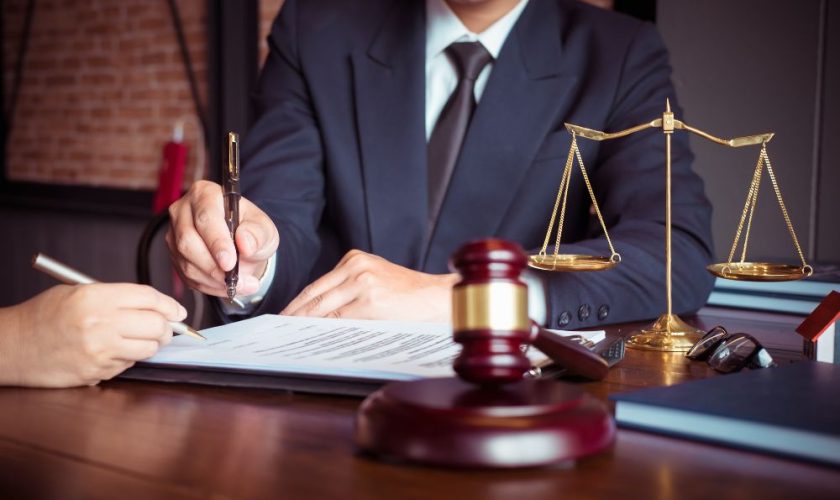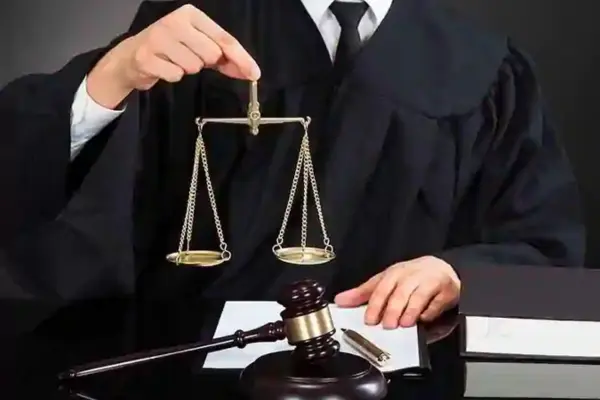If someone gets hurt because of someone else’s carelessness, they should get fair compensation to cover their medical bills, lost wages, and mental pain. Accident victims may find it hard to figure out the court system, but personal injury lawyers are very important for getting the most money possible. Here’s how these legal experts help accident victims get the settlement they deserve.
- Conducting a Thorough Investigation
Personal injury lawyers begin by investigating the details surrounding the accident. Police reports, statements from witnesses, pictures of the accident scene, and medical records are some proof being taken in for this investigation. By building a comprehensive case, lawyers can establish fault and liability, strengthening the victim’s position during negotiations or in court.
A lawyer with a lot of experience will also work with experts like accident reconstructionist or doctors to back up their claims even more. These experts can give useful information that supports the victim’s case, like what caused the accident or how bad the injuries are.
- Assessing the True Value of the Claim
There’s more to figuring out the fair value of a personal injury claim than just adding up the hospital bills. Personal Injury Lawyers on Long Island evaluate all aspects of the victim’s losses, including:
- Medical Expenses: Covering past, present, and future medical treatment costs.
- Lost Wages: The person got paid for the time they couldn’t work because they were hurt.
- Reduced Earning Capacity: When injuries affect the victim’s ability to earn a living in the future.
- Pain and Suffering: For pain, suffering, and lost pleasure of life, you should be given money.
- Property Damage: If the victim’s property, such as a car, was damaged in the accident.
Lawyers use their experience to project future costs related to medical treatment, rehabilitation, and any permanent disabilities. This comprehensive approach ensures that the compensation demand accounts for both immediate and long-term financial needs.
- Negotiating with Insurance Companies
The insurance company may offer accident victims small payments to avoid having to pay out too much. Personal injury lawyers know how to deal with insurance companies so their clients can get more money. A strong case based on evidence is put forward, and the lawyers fight for the victim to make sure a fair payment is reached.
Lawyers also handle all communication with the insurance company, protecting the victim from potentially saying something that could hurt their case. By taking over negotiations, personal injury lawyers alleviate the stress on the victim and increase the likelihood of securing a higher payout.
- Filing a Lawsuit When Necessary
A personal injury lawyer can take the case to court if they can’t reach a good deal with the insurance company through talks. Filing a lawsuit signals to the insurance company that the victim is serious about pursuing maximum compensation. It also gives the lawyer an opportunity to present the case before a judge or jury, who may award a higher amount than the initial settlement offer.
During the litigation process, personal injury lawyers will:
- Prepare Legal Documents: Drafting and filing legal paperwork, such as the complaint and motions.
- Engage in Discovery: Requesting and exchanging evidence with the other party to strengthen the case.
- Depose Witnesses: Conducting depositions to gather testimony from witnesses, experts, or the other party involved.
- Represent the Victim in Court: Presenting evidence, examining witnesses, and making compelling arguments to secure a favorable verdict.
The willingness to pursue a lawsuit can often compel the insurance company to increase its settlement offer to avoid the risks associated with a court trial.
- Leveraging Expert Testimony
Expert witnesses’ testimony can be very important in complicated situations when it comes to getting the most money for the victims. Personal injury lawyers often work with various experts to provide credibility to the claim, such as:
- Medical Experts: Offering opinions on the severity of injuries, the need for future treatment, and potential long-term impacts on the victim’s life.
- Accident Reconstruction Specialists: Recreating the accident to establish fault and demonstrate the events leading up to the incident.
- Economic Experts: Calculating the financial impact of the accident, including lost earning capacity and future medical costs.
The inclusion of expert testimony can provide persuasive evidence that supports the victim’s case and justifies a higher settlement amount.
- Handling Legal Complexities
Personal injury cases are often complicated by the law, making it hard for people to figure out how to get through the system on their own. A good personal injury lawyer knows all the little details of the law and can handle things like:
- Statute of Limitations: Ensuring the lawsuit is filed within the required time frame to avoid dismissal.
- Comparative Fault Laws: Addressing cases where the victim may be partially responsible for the accident and ensuring they still receive fair compensation.
- Multiple Liable Parties: Determining who is liable for the accident, especially in cases involving commercial entities, government bodies, or product manufacturers.
By managing these legal challenges, personal injury lawyers ensure that nothing hinders the victim’s right to fair compensation.
- Contingency Fee Structure: Aligning Lawyer Incentives with Victim Success
There is a type of fee structure used by most personal injury lawyers. If they win the case, they get paid. This arrangement aligns the lawyer’s interests with the victim’s since both parties benefit from a higher compensation amount. The lawyer is incentivized to maximize the settlement or court award, knowing their payment depends on the outcome.
- Ensuring Compliance with Legal Procedures
There are various procedures and deadlines involved in filing a personal injury claim. Missing any of these steps can jeopardize a case, potentially leading to dismissal or reduced compensation. Personal injury lawyers manage all aspects of the claim, ensuring paperwork is filed correctly, deadlines are met, and legal protocols are followed.
The meticulous handling of procedural matters helps safeguard the victim’s right to compensation and reduces the risk of a technicality impacting the case.
Conclusion
Personal injury lawyers use their legal knowledge, negotiation skills, and all-around case-building strategies to help accident victims get the most money possible for their injuries. They help clients get fair settlements or court awards, deal with insurance companies, and understand complicated legal processes.
People who have been in accidents shouldn’t have to handle the fallout by themselves. If they have a good personal injury lawyer on their side, they can be sure that their case is in good hands and that every effort is being made to get them the money they deserve.




